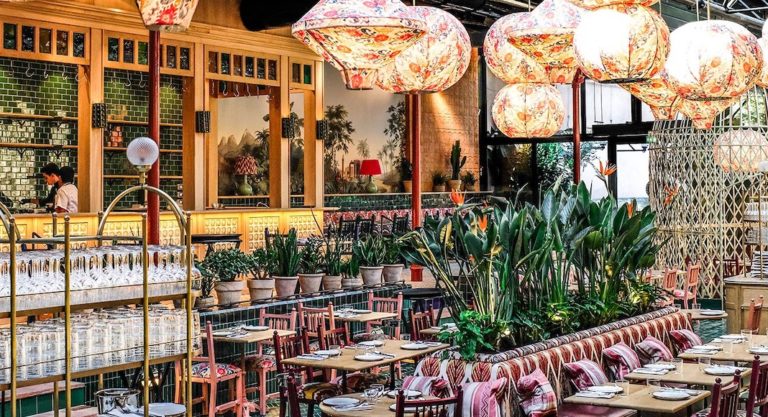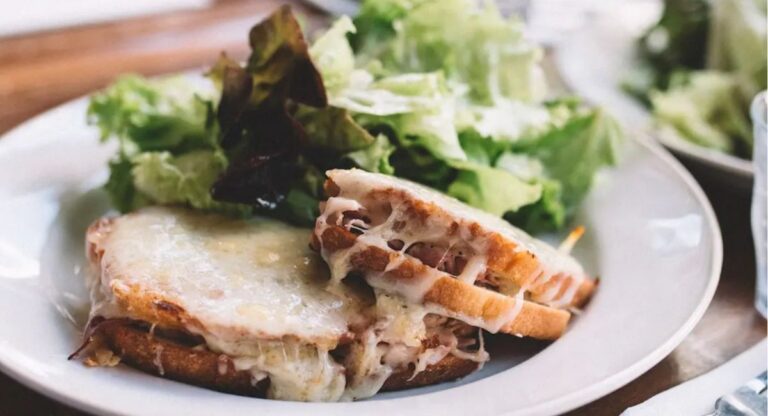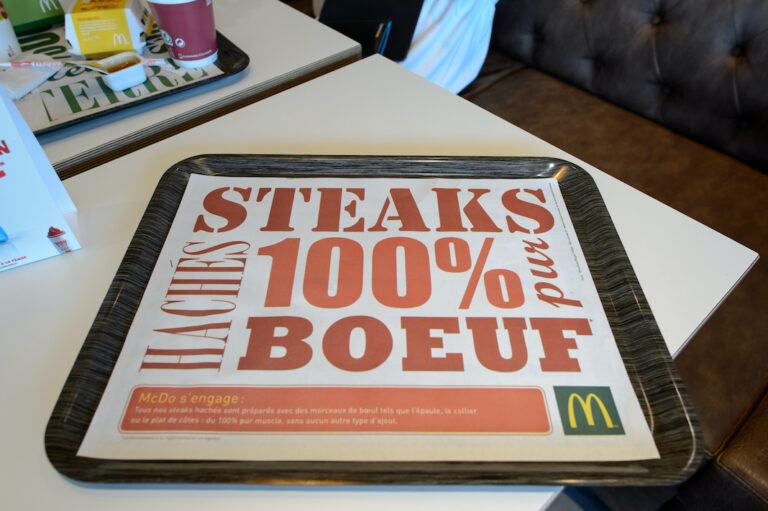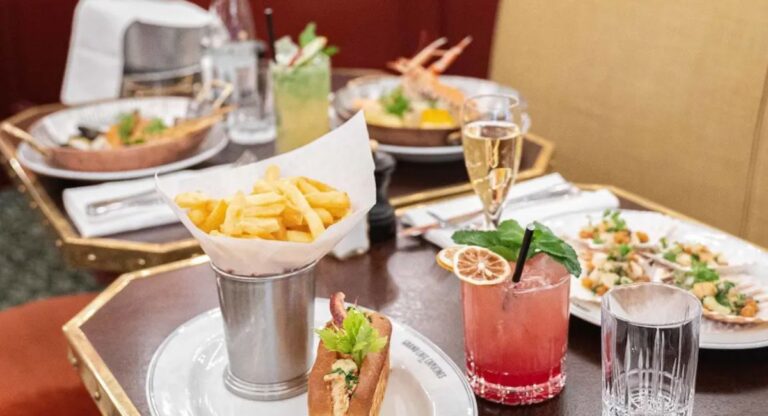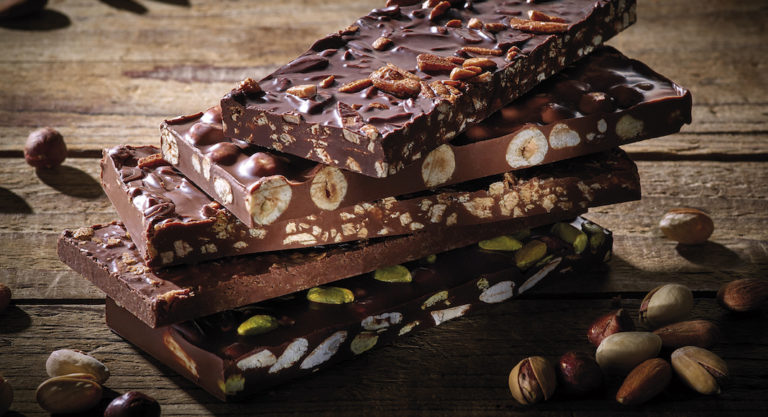Fifteen varieties of tartine, the wooden communal tables, the French words on the menu…doesn’t Le Pain Quotidien seem so French?
Le Pain Quotidien (or LPQ to its most dedicated followers) has been a popular NYC hot spot since 1997 when it first came from Belgium to Madison Avenue. New Yorkers cheered, “Finally, the moderately priced French restaurant we’ve been wanting!” French language classes and Meetup groups rendez-vous at LPQ for conversation hours, French sweets line the bakery shelves, and the waiters are dressed like French servers. It just seems so French.
In France, LPQ is pretty French—it integrates well with French food culture. In America, LPQ has undergone drastic changes to appeal to Americans on a widespread level. Don’t get Frenchly wrong, we love the Bryant Park LPQ stand, but it’s just not quite French. Le Pain Quotidien—you do you!—but for the Frenchly readers looking for a 100% authentic French eating experience, American LPQ won’t meet expectations for these 10 reasons.
1. American LPQ teaches cooking classes
Real French restaurants don’t teach cooking classes. (Cordon Bleu doesn’t count.) Especially classes about how to make soft pretzels.
2. American LPQ is a workspace
One TripAdvisor reviewer calls Le Pain Quotidien his office. Real French cafés are not workspaces—the workspace-focused Anti-café is called the Anti-café for a reason. LPQ USA has too many laptops cranked open and discussions of PowerPoint presentations to be French.
3. American LPQ’s menu is Americanized
Firstly, the American LPQ menu boasts at least 10 items with quinoa. The French LPQ menu only has one item with quinoa. The same goes for avocados, kale, and lentils. Secondly, American LPQ has smoothies, pots of coffee, four kinds of non-homemade lemonade, and every variation on coffee and tea imaginable. France has cups of coffee, normal tea, and homemade lemonade. Thirdly, we reshuffled their menu. French LPQ has Belgian waffles (gaufres) for dessert, and those are on our breakfast menu. Coconut and chia seed pudding ends a meal in France, yet starts the day in the US.
4. American LPQ food stands
Strolling through Bryant Park in NYC? Stop and get some LPQ to go! Shopping in a mall? Sit at LPQ’s counter for some real French food! French food isn’t sold like that, so LPQ shouldn’t be sold like that.
5. American LPQ uses Twitter for everything
French LPQ has a very focused Twitter account. Images of brunch or their specials with happy captions make up their newsfeed. American LPQ’s Twitter covers specials, their events, events they’ll be attending, and more.
6. American LPQ’s children’s menu.
French children don’t eat differently from French adults, so French LPQ’s don’t have children’s menus. American LPQ’s do.
7. American LPQ is not organic.
American LPQ promotes its use of all-natural/fair trade/organic ingredients for some things. French LPQ doesn’t promote its organic things because it doesn’t need to, most everything on French LPQ’s menu is organic.
8. American LPQ offers food to go
Coffee to go, food to go, order online for carry out, catering, and doggy bags, are all American options for food consumption at LPQ. French LPQ has a few of those options, but drinking coffee on the go still really isn’t accepted like it is in the U.S.
9. American LPQ’s menu is in English.
Putting an accent on gruyère and spelling Tabbouleh as taboulé does not a French menu make. (Especially not if LPQ USA is writing “tart” instead of “tarte.”) The menu of an authentic French restaurant should be written in French and, for the English-speakers, maybe have the English translation written underneath the item.
10. American LPQ store.
Americans need stores to go with their restaurants. The Le Pain Quotidien store, Pantry, is (wait for it) only available in English. Sundried tomatoes, olive oil, tote bags, tea pots, granola bars, and more, are all available for purchase to Americans. LPQ in France sells coffee and tea in the store, and that’s about it. This all just goes to show that nothing is impervious from capitalism.


